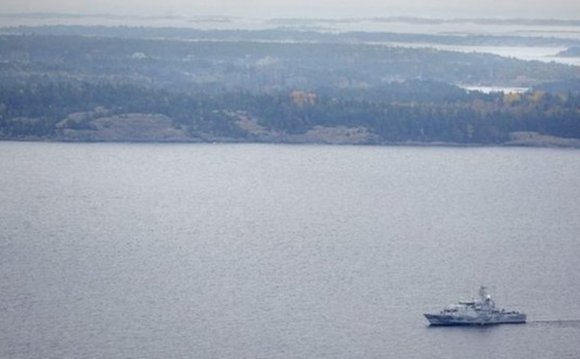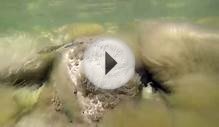
During these negotiations fishing quotas were set above scientific advice for eight out of the ten quotas being negotiated. In total, fishing quota was set 67, 000 tonnes above advice, an increase of 12% on what was advised.
Denmark left the negotiations with the largest increase to their advised quota (22%), followed by Germany, Latvia, Lithuania and Finland (all with 13%). Sweden and Poland hold largest amounts of quota above advice by weight, as two of the largest of fishing nations in the Baltic, so national-level action will be important to protect fish stocks.
Any quota set above scientific advice is a danger to stock recovery and sustainable fishing. It also undermines a new, more devolved and long-term approach to fisheries management in the Baltic Sea, called the Baltic Multiannual Plan. Improved institutional arrangement can still struggle when confronted with political processes.
RELATED VIDEO












